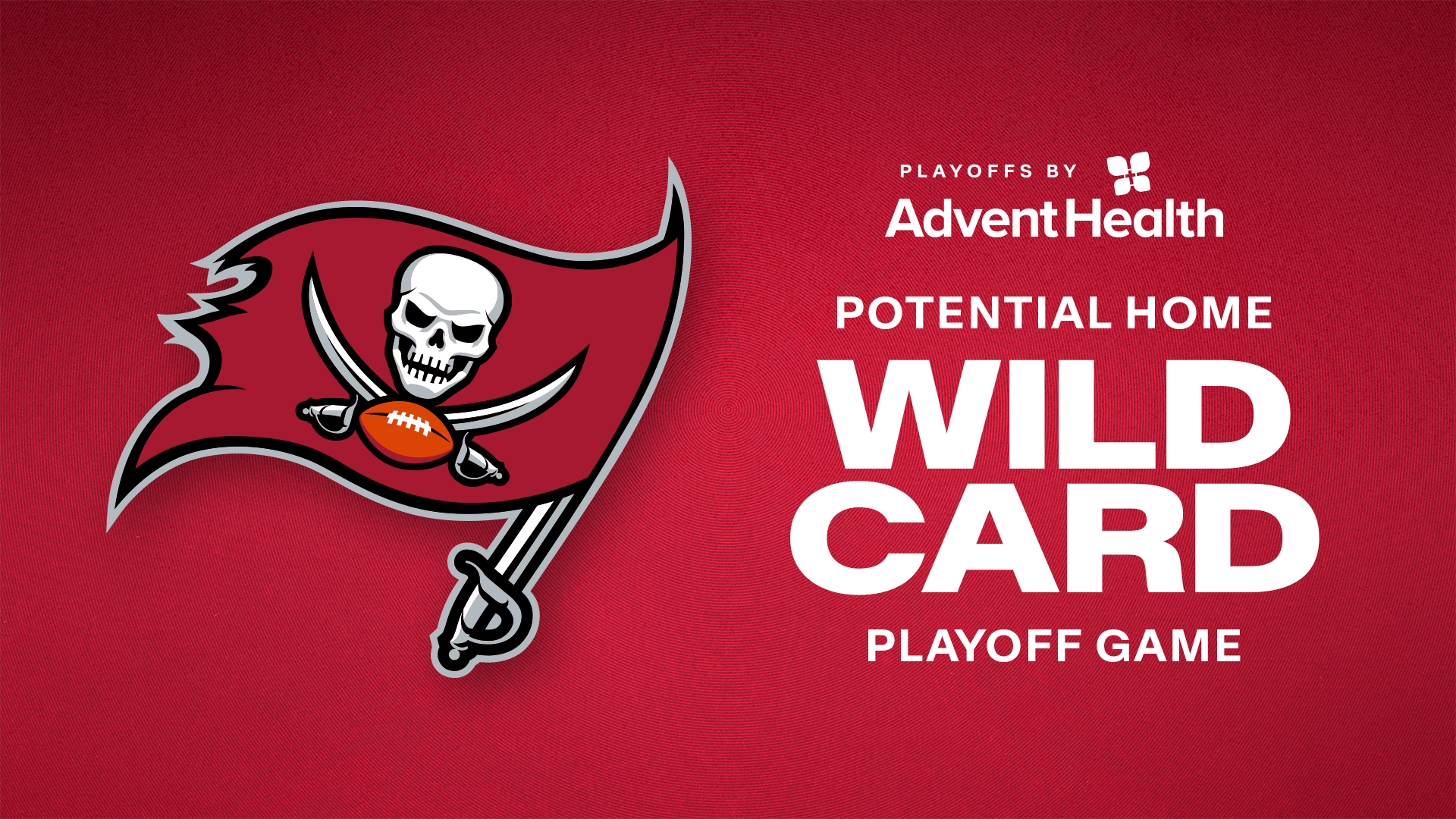In addition to learning the Bucs' offensive system, TE Dave Moore is using the offseason to rehab his shoulder
(Editor's Note: On March 3, tight end Dave Moore signed with the Buccaneers, the first of nearly 20 new players to join the team in first month of free agency. Moore, a Buccaneer from 1992-2001, is back for his second stint in Tampa after two seasons with the Buffalo Bills. An avid fisherman, Moore also makes his home in the Bay area – on the water, of course – and he is thus in the perfect position to follow the team's 16-week offseason program to the letter. Beginning with the first week of April – the third week of the program and the onset of concurrent 'organized team activity' days – Moore began providing a weekly look at how he is preparing for the 2004 season. The series will run through July, before players take one more short vacation prior to training camp.)
Week of April 12-16
A good part of the past week was spent just continuing to learn the offense. (Wednesday), for instance, we put in a whole new section. During the OTAs (organized team activity days), we had three days of putting in about 60 new plays a day, then today we went over a full hour of just formations alone. Figuring out where you're starting and where you're going to wind up seems to be the most difficult part of learning this offense. You have to figure out where you need to be and how to get there once the ball is snapped.
Obviously, a lot of it is designed to confuse the defense, throw them off and get guys wide open. And it seems to work pretty well.
Another thing that takes up a lot of my time here is the conditioning and rehab I'm doing on my right shoulder. I had rotator cuff surgery a few months ago because I tore the bottom of my rotator cuff about midway through last season, Week Nine. I played about seven games with it that way. On top of needing to repair that, my body kind of overcompensated for it, so I have to get a lot of soft-tissue work to loosen it up. It kind of locks up when you try to keep playing on it – that's your body protecting itself. You've got to get past that before you can really strengthen it. That's what this whole process has been.
This is the time of the year when you can really concentrate on rehab. During the season, it's more a matter of damage control. You just don't want it to get any worse until you can get to the offseason, when you can either have surgery or really rehab it to get the strength back to 100 percent. So now you have to really concentrate on getting that thing strong enough so it can hold up for six weeks of camp and 20 weeks during the season. There's a lot that goes into that.
On top of working out and going to team meetings, it probably takes about 40 minutes a day for rehab, between the stretching and the exercises and all the band work. You have a series of exercises you do to strengthen certain muscles. After surgery, you become aware of a lot of little muscles that you didn't even realize you use on a daily basis. You have to strengthen those muscles, because when you go in there to fix something it takes awhile to get back to normal. It's not just letting it heal; there is a lot of strengthening with bands and weights, and stretching to get your range of motion back. And you use ice whenever it swells.
And, really, it's more than just my shoulder. See, you've got different body parts that, as you get older, you've got to strengthen back up. You get beaten down during the season. You have three days a week, usually, of a solid hour of strengthening exercises. You certainly don't want to do it every day, because you don't want to break it down, but you need to get enough to make sure you're working it.
My shoulder's not holding me back on the field right now, though. I practiced without any problem during the OTA days. Like I said, I played with this for seven weeks last year. Even a month or two after surgery, it's still better now than it was when it was las t year when I was playing through it.
























